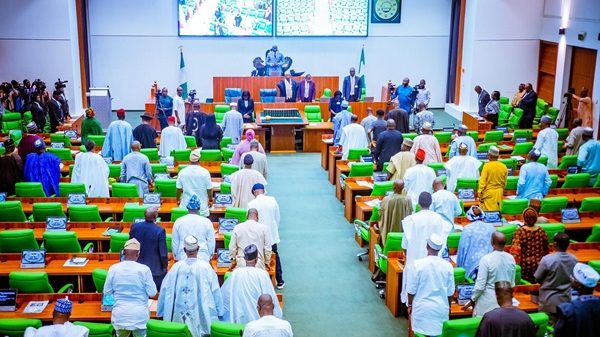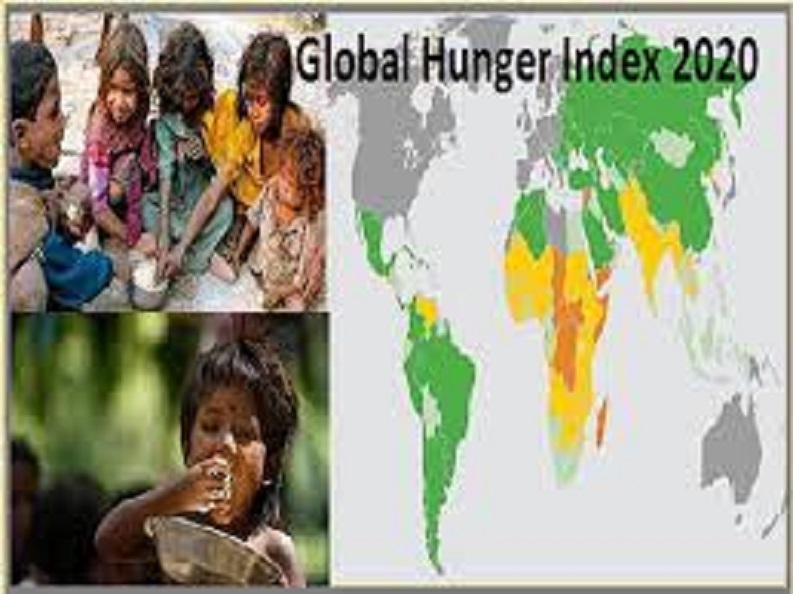United Nations Food and Agricultural Organisation (FAO) has revealed that 733 million people faced hunger in 2023, which is equivalent to one in 11 people globally and one in five in Africa.
This is contained in a new report, the State of Food Security and Nutrition in the World (SOFI) published on Wednesday.
Hunger affected one out of every eleven people in the world and one out of five in Africa, with the number rising on that continent.
The report highlights that access to adequate food remains elusive for billions with around 2.33 billion people globally faced moderate or severe food insecurity in 2023.
It adds that this number that has not changed significantly since the sharp upturn in 2020, amid the Covid-19 pandemic.
David Laborde, the Food and Agriculture Organization’s director of agri-food economics, says solving the problem is a political choice, and also depends on “how much money we are ready to put on the table”.
“Today we produce enough food on this planet to feed everyone. So if we want to solve the position by 2030, it’s technically feasible,” he says.
The report predicts that if current trends continue, about 582 million people will be “chronically undernourished by 2030″, half of them in Africa.
Laborde said chronic hunger was a crisis impacting people not only right now because its impact would still be felt in the future.
“Pregnant women, kids that face malnutrition problem today, will pay the price all of their life. So by not solving the problem today, we are basically impoverishing these countries in the future,” he says.
The report says food insecurity and malnutrition are worsening due to a combination of factors, including persisting food price inflation that continues to erode economic gains for many people in many countries.
And major drivers like conflict, climate change, and economic downturns are becoming more frequent and severe.
These issues, along with underlying factors such as unaffordable healthy diets, unhealthy food environments, and persistent inequality, are now coinciding simultaneously, amplifying their individual effects.
Achieving the Sustainable Development Goal of Zero Hunger, it says, requires a multi-faceted approach and targeted interventions.
This includes transforming and strengthening agrifood systems, addressing inequalities, and ensuring affordable and accessible healthy diets for all.
The UN agencies are calling for increased and more cost-effective financing, with a clear and standardised definition of financing for food security and nutrition.
![]()


























































